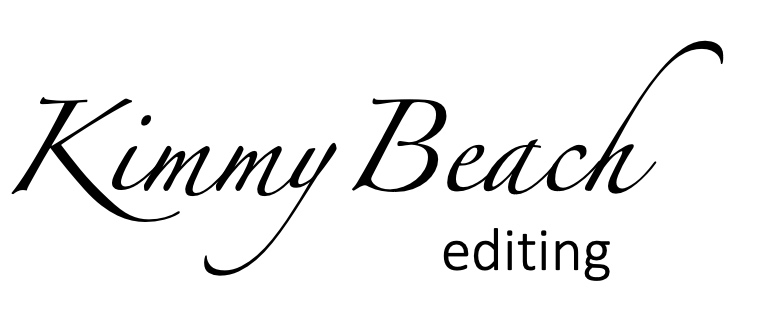Perspicaciously? I think not!
Adverbs can occasionally be our friend. I used one in the previous sentence, and I will leave it there as it’s suitable.
But get a load of this:
“I turned back to see her following me out the door.
’Did you follow me out here?’ I asked, perspicaciously.
’No,’ she said.
But it was clear that she had.
”
All right. Far be it from me to discourage writers to use whatever weapons they have in their vocabulary arsenals. I have to say, though, that this exchange from a manuscript I read several years ago stands out because of that word. I’ll never forget it.
I’m a gentle editor. However, in this case, I recall writing, ‘NO’ in the margins. I likely went on to explain why I said that, but the bottom line was, ‘Please cut this word.’ The task was made manageable because my husband and I were camping at the time, and I was editing by a warm fire, while sipping a glass of cool wine.
I’m not singling out this one writer. Oh heavens, but I’ve seen the grandpappies of all adverbs over the years, and not just in unpublished work. Authors wanting to cut back their adverb usage would be well advised to read any Wilbur Smith novel to see the legal limit of five-dollar words on every page.
I’ve nothing against people who read Wilbur Smith. I read Anne Rice and Stephen King, so no one will get any judgement from me. I do recognize the value, however, of reading books for the sole purpose of making sure we’re not doing that in our own writing.
Our narrator might well ask if she followed him out there. But he does not need to ask her “perspicaciously”. I know a lot of words, but that one sent me to google, lemme tellya.
Try this on for size:
“I turned back to see her following me out the door.
’Did you follow me out here?’ I asked.
’No,’ she said.
It was clear that she had. ”
The word, ‘perspicaciously’ can go right out the window. If it’s clear she followed him, he needn’t be perspicacious or anything else about it. He just knows that she did.
A five-dollar word like ‘perspicaciously’ can serve to harm the work more than it could ever enhance it. It’s one of the many instances of ways in which authors can intrude on their work. In this case, the writer’s vocabulary is showing. It needs to be tucked back in.
The best way to search for adverbs is to enter ‘ly’ into the search bar of your document. I just did it, and was dismayed to find over 100 adverbs in my 10,000-word manuscript. Once again, I am not immune. Some of the catches were ‘family’ and other words that end with ‘ly’ but are not adverbs. But the vast majority? You guessed it.
I’m not against adverbs in all cases. I’m against them when they are the word ‘perspicaciously’.

